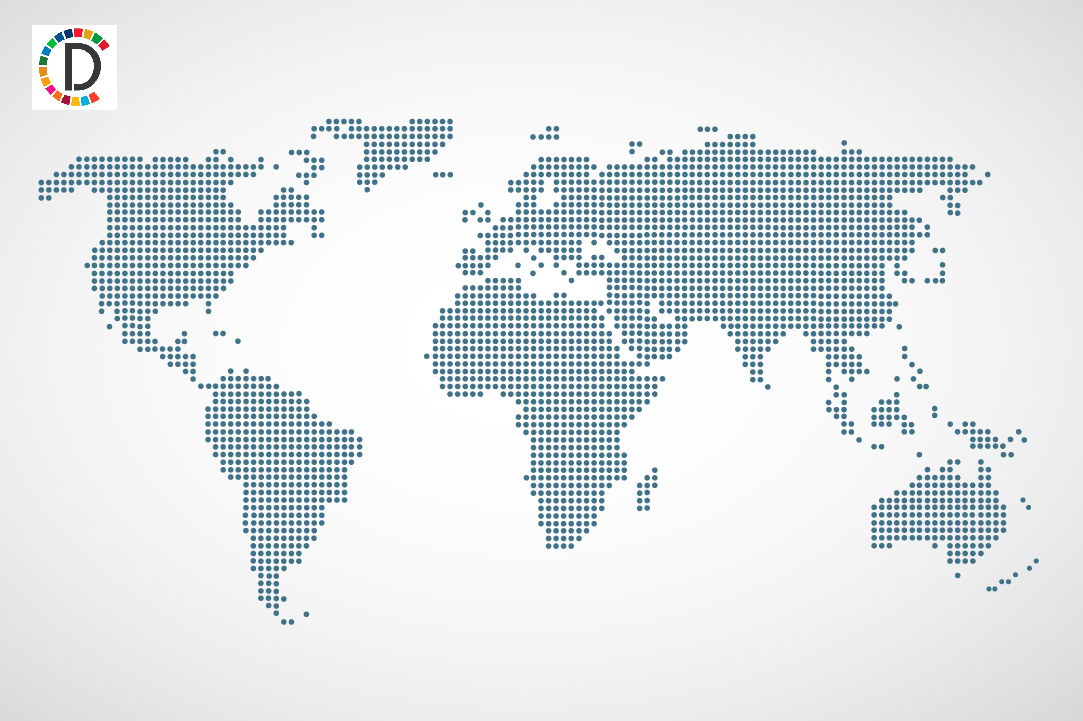Bulgaria's Political Impasse Shadows EU Funds and Eurozone Dreams
On Sunday, Bulgaria undergoes its seventh snap election in four years. Despite various attempts, political deadlock persists, hindering economic reforms in the EU's poorest member state. Opinion polls suggest no party will achieve a majority, leading to another round of difficult coalition talks amid an urgent need for stable governance to access EU funds.

- Country:
- Bulgaria
On Sunday, Bulgarians will participate in their seventh snap election within four years, a testament to ongoing political instability in the EU's most impoverished member state. Despite numerous elections, forming a stable government remains elusive, as anti-corruption protests terminated the previous centre-right rule in 2020.
Opinion polls indicate no single party is set to secure a majority, forecasting another cycle of challenging coalition negotiations. Polls will be open from 7 a.m. to 8 p.m., with exit polls released immediately after, and the first results expected by midnight.
A Gallup International Balkans survey predicts a lead for GERB with 26.1% support, while the reformist PP and the pro-Russian Revival party trail at 16.2% and 14.9%, respectively. Bulgaria requires stable leadership to channel EU funds for infrastructure and meet eurozone entry criteria, previously postponed due to inflation shortfalls, targeting January 2025 accession.
(With inputs from agencies.)
ALSO READ
Eurozone Yields Stabilize Amid German Political Uncertainty and Trump's Policies
Eurozone Yields React to U.S. Inflation Data, Fed in Focus
Rising Eurozone Borrowing Costs Amid Economic Uncertainty
Austria's Major Parties Set to Enter Coalition Talks
Austria Prepares for Historic Three-Way Coalition Talks









